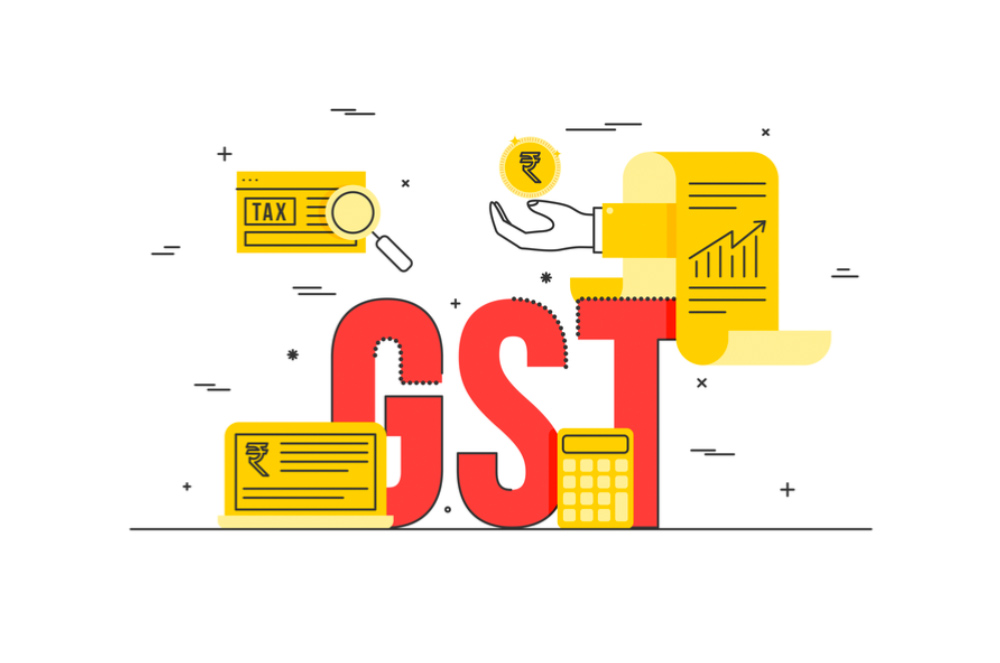Did you know..?
- If you are a business purchasing land, and you pay GST when you shouldn’t have, you will not be able to get it refunded from the IRD.
- A sale of land may change from zero percent GST to 15 percent GST between signing and settlement.
If you are involved in a business entering into a transaction including land, you need to know about the Compulsory Zero-Rating scheme.
What is Compulsory Zero-Rating?
The Compulsory Zero-Rating scheme (CZR) came into effect on 1 April 2011. It provides that GST on a transaction involving the sale of land will be assessed at the rate of zero percent where:
- that land is being sold from one GST registered person to another GST registered person; and
- it will be used for making taxable supplies; and
- it will not be used as a principal place of residence.
Even if the land forms only a part of a transaction between registered persons, the whole transaction will still be zero-rated. If a lease forms part of a transaction, it may also be zero-rated.
Under this scheme both parties to a sale and purchase transaction need to be certain of the GST status of the other, to avoid any unexpected GST bills or penalties.
What are my risks?
Purchasers should be aware that if the transaction has been mistakenly zero rated, they may be liable to pay 15% GST after it has settled. If, on the other hand, the transaction was not zero rated when it should have been, a purchaser may have remedies against the vendor under the agreement, but will not be able to get a refund directly from the IRD.
Vendors will be most at risk if the agreement states that the purchase price includes GST. It will generally be good practice in relation to these agreements for a vendor to insist on the agreement saying “plus GST (if any)”, even though both parties may expect the transaction to be zero rated.
What if my status changes?
Since whether or not a transaction will be zero rated depends on the status of the parties as GST registered persons at settlement, it is possible for the status of the transaction to change between signing and settlement. In this way parties may unexpectedly get stung for 15% GST. Therefore, it is crucial that each party is satisfied with the GST status of the other throughout the transaction, and that the purchaser’s post-settlement intentions with regard to the property are clear.
Vendors will also need to investigate the GST status of nominee purchasers, as the introduction of a nominee may change the status of the transaction.


